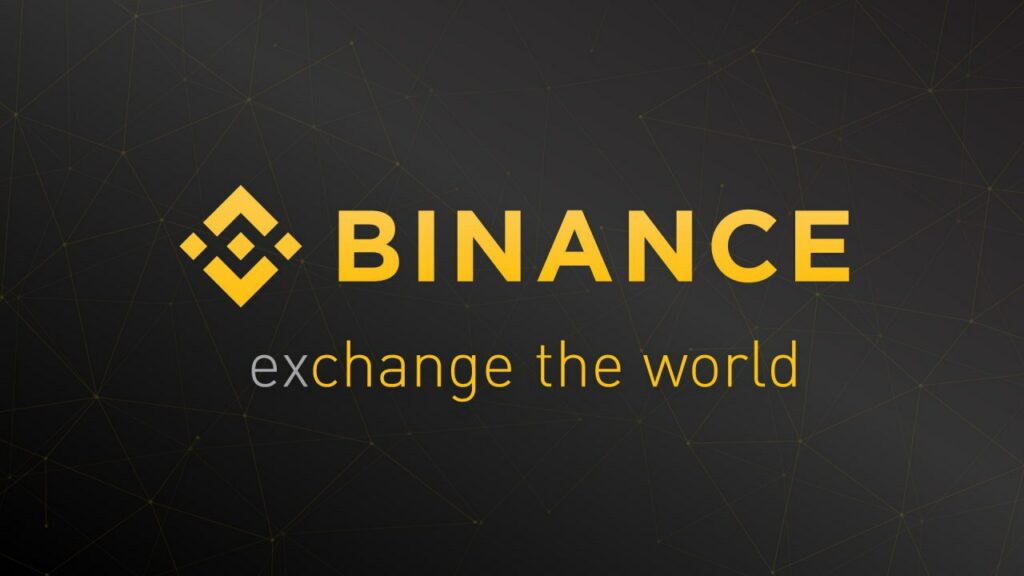In a move reflecting tightening regulations on cryptocurrencies in South Africa, Absa Bank has blocked credit card transactions for users engaging with Binance, a prominent cryptocurrency exchange. The decision follows alleged regulatory non-compliance by Binance, though the exchange firmly denies the accusations. The development underscores the evolving landscape of crypto regulations in South Africa, with the South African Reserve Bank (SARB) playing a pivotal role.
Absa’s Action Against Binance Transactions
Immediate Blocking of Payments
- Absa Bank notified its clients about the suspension of online payments directed toward Binance.
- This action stems from new regulations implemented on June 8, which Absa claims Binance does not comply with.
Change in Policy
- Absa had previously permitted cryptocurrency transactions.
- The bank now states that such transactions are no longer permissible under South African regulations.
Binance’s Response to Allegations
Rejection of Non-Compliance Claims
- Binance refutes Absa’s claims, asserting that it complies with all relevant crypto regulations across the African region.
- The exchange suggested that the block might stem from foreign exchange rules imposed by the South African Reserve Bank (SARB).
Commitment to Regulatory Standards
- Binance emphasized its dedication to maintaining regulatory compliance and providing secure services for its users.
The Role of SARB in Crypto Transactions
Cryptocurrency as Non-Legal Tender
- According to SARB’s official website:
- Cryptocurrencies are not considered legal tender in South Africa.
- Transactions involving cryptocurrencies are not approved.
Impact on Financial Institutions
- SARB’s stance has prompted financial institutions like Absa to:
- Tighten restrictions on cryptocurrency-related transactions.
- Reevaluate their policies to align with regulatory directives.
The Growing Push for Crypto Regulation in South Africa
Intergovernmental Fintech Working Group (IFWG)
- Recently, South Africa’s IFWG recommended stricter oversight of cryptocurrencies.
- These recommendations aim to prevent issues such as money laundering and fraud, while also protecting investors.
Impact on Crypto Exchanges
- Increased scrutiny could:
- Affect the operations of international exchanges like Binance.
- Influence user access to cryptocurrency investments.
FAQs
Why did Absa block Binance transactions?
Absa cited non-compliance with South African regulations as the reason for blocking credit card transactions to Binance.
What is Binance’s response to Absa’s action?
Binance denied any non-compliance and suggested the block might be due to foreign exchange rules from the South African Reserve Bank (SARB).
What is SARB’s stance on cryptocurrencies?
SARB considers cryptocurrencies as non-legal tender and does not approve transactions involving digital currencies.
Did Absa previously allow crypto transactions?
Yes, Absa had previously permitted crypto transactions but has since reversed its stance, citing regulatory concerns.
What role does the IFWG play in crypto regulations?
The IFWG recently recommended tighter regulations on cryptocurrencies to enhance investor protection and prevent misuse.
Will Binance users in South Africa still be able to trade?
Users may face challenges in accessing Binance services through traditional banking methods but can explore alternative payment options.
Conclusion
Absa’s decision to block Binance transactions marks a significant shift in South Africa’s approach to cryptocurrency regulation. While Binance rejects claims of non-compliance, the evolving policies of the South African Reserve Bank and the recommendations of the IFWG suggest increasing scrutiny of crypto activities. For users and exchanges, the challenge lies in navigating these regulatory hurdles while fostering innovation in the digital asset space.
To learn more about the innovative startups shaping the future of the crypto industry, explore our article on latest news, where we delve into the most promising ventures and their potential to disrupt traditional industries.
Disclaimer: The information provided is not trading advice, Bitcoinworld.co.in holds no liability for any investments made based on the information provided on this page. We strongly recommend independent research and/or consultation with a qualified professional before making any investment decisions.




